The investor is three slides into your deck, and you can already see it in their eyes. That polite confusion. The slight lean back. You know your product inside out, but somehow the magic gets lost between your opening line and your final slide.
Pitching consistently comes up as one of the biggest sticking points for Techscaler members. Not because founders don't understand their businesses - but because distilling years of work into a compelling five-minute story is genuinely hard.
That's exactly why we created our Practice Your Pitch workshop series.
Why Most Founders Hate Pitching (And Why That's Actually Normal)
Let's be honest about what makes pitching so difficult. You've spent months, maybe years, deep in the details of your startup. You know every feature, every customer conversation, every technical decision that brought you to this point. Then someone asks you to explain it all in the time it takes to make coffee.
The questions that keep founders up the night before investor meetings aren't about their business fundamentals - they're about storytelling:
- How much of my personal journey should I include?
- Should I lead with the problem or the solution?
- How do I explain our financials without losing everyone in the weeds?
- What if they ask the one question I haven't prepared for?
These aren't just presentation skills - they're translation skills. Taking everything you know and making it matter to someone who doesn't live in your world every day.
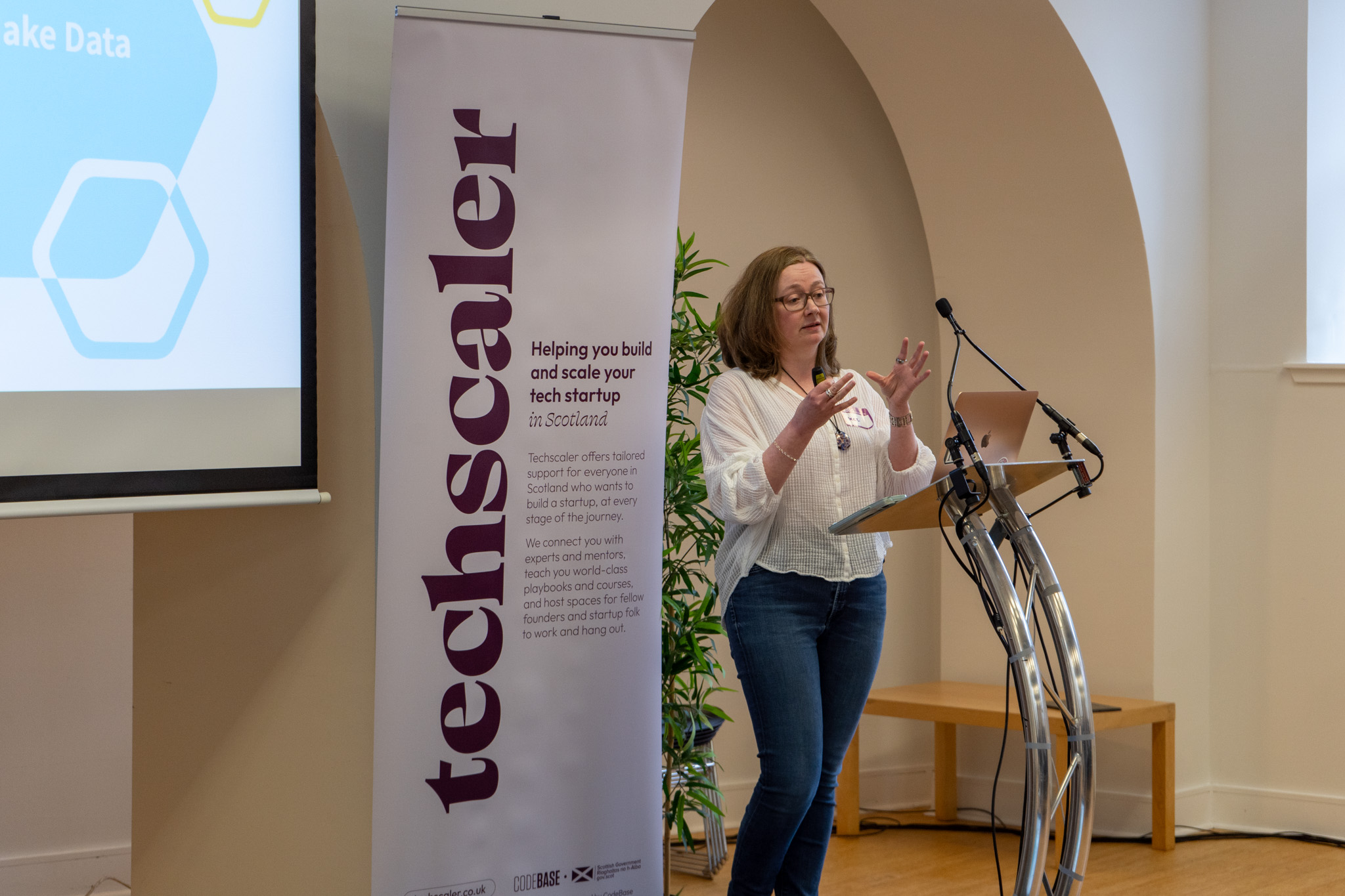
How Practice Your Pitch Actually Works
Our workshop series is built around one simple principle: the best way to get better at pitching is to actually pitch. Not in front of a mirror, not to your co-founder for the hundredth time, but to real people who'll give you real feedback.
Each session focuses on a different critical element of pitching - from structuring your story to talking about money without making everyone uncomfortable. But the real magic happens when three brave founders get up and deliver their pitch to the room.
The format is deliberately supportive. These aren't Dragon’s Den scenarios designed to tear you apart. They're practice sessions with other founders who understand exactly how vulnerable it feels to put your life's work into seven minutes and hope it lands.
What You'll Actually Learn (Beyond "Tell a Story")
Everyone knows pitching is about storytelling. That's not particularly helpful advice when you're staring at a blank slide deck at 11 PM the night before your presentation.
Our workshops dig into the specifics that actually make the difference:
- Structure That Actually Works: Not just "problem, solution, market" - but how to sequence your story so investors stay engaged from slide one to slide ten. When to reveal your traction. How to position competition without sounding defensive.
- Financial Conversations That Don't Kill Momentum: How do you present numbers that excite rather than confuse? When do you mention burn rate? How do you talk about your funding ask without sounding desperate or delusional?
- Handling Questions That Derail Everything: That moment when someone asks about your customer acquisition strategy and suddenly you're fifteen minutes deep into implementation details. We cover how to stay on message when conversations go sideways.
- Personal Story Integration: You're not just pitching a product - you're pitching why you're the person to build it. Finding the balance between relevant personal context and TMI.
The Power of Watching Others Pitch
Here's what we've learned after running these sessions: you don't have to be one of the three people presenting to get massive value. Some of our best feedback comes from founders who attended every session for months before ever pitching themselves.
Watching other founders work through their pitch challenges in real-time is incredibly powerful. You'll spot patterns in investor questions you hadn't considered. You'll see how different founders approach the same structural challenges. Most importantly, you'll realise that everyone - even the founders whose startups you admire - struggled with this same process.
It's peer learning that happens at founder speed, with founder context.
Building Your Pitch-Perfect Network
The best part about these workshops isn't just the feedback you'll get on your pitch - it's the connections you'll build with other founders who are at similar stages of their journey.
The person sitting next to you might be the perfect person to practice your investor Q&A with. The founder who just pitched their B2B SaaS solution might have insights about your enterprise sales strategy. The entrepreneurs you meet here become your informal advisory board for everything from funding decisions to hiring strategies.
Understanding how to pitch isn't just about investor meetings. It's about condensing your message to its essentials - a skill that helps whether you're talking to potential customers, recruiting team members, or explaining what you do at networking events.
What's Next: Your Opportunity to Practice
We're kicking off the next phase of Practice Your Pitch workshops, alternating between online monthly sessions and in-person workshops that tour around our different hubs.
Our next confirmed date is a very special in-person session on 29 October at the ONE Tech Hub in Aberdeen, hosted by Sid Kathirvel. We'll be covering "Why No One Gets Your Startup Yet and How to Fix It" - perfect for founders who know their product works but struggle to make others understand why it matters.
Online sessions resume at the end of August, running monthly with different expert guests sharing their perspectives on everything from slide design to public speaking skills. Two more in person sessions are now confirmed for the 10th December in Edinburgh and the 25th February 2026 in Glasgow.
Ready to Make Your Pitch Count?
The founders who dominate the next funding cycle won't just be the ones building the best products - they'll be the ones who can explain why those products matter to the people writing the cheques.
Your next investor meeting could be the one that changes everything. Your next pitch could be the one that gets you invited to the second meeting, the due diligence process, the term sheet negotiation.
The question is: will you walk into that room confident in your ability to tell your story, or will you hope for the best and wonder afterward what went wrong?
Sign up for the next Practice Your Pitch event, either in person or online, here.


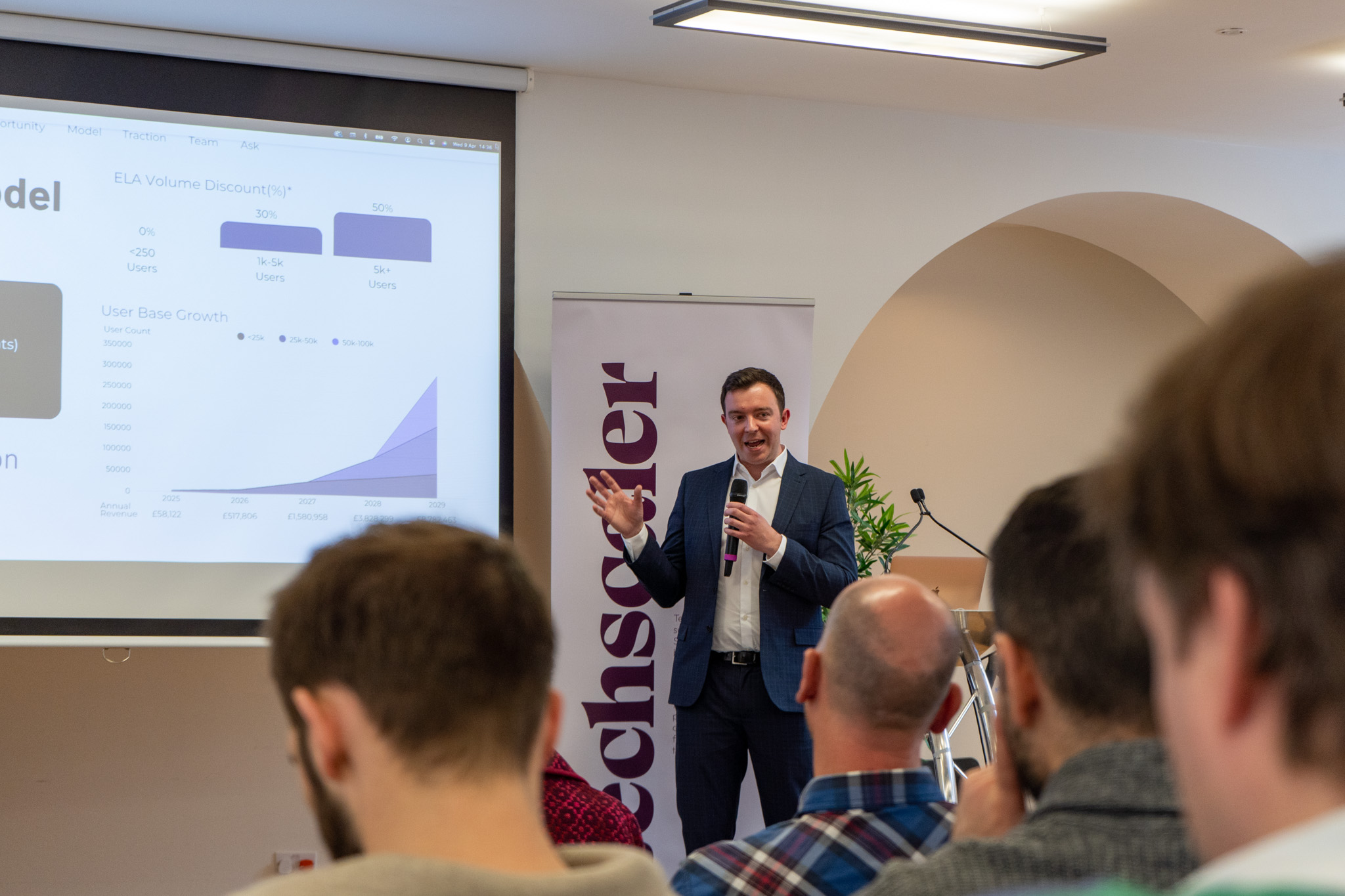
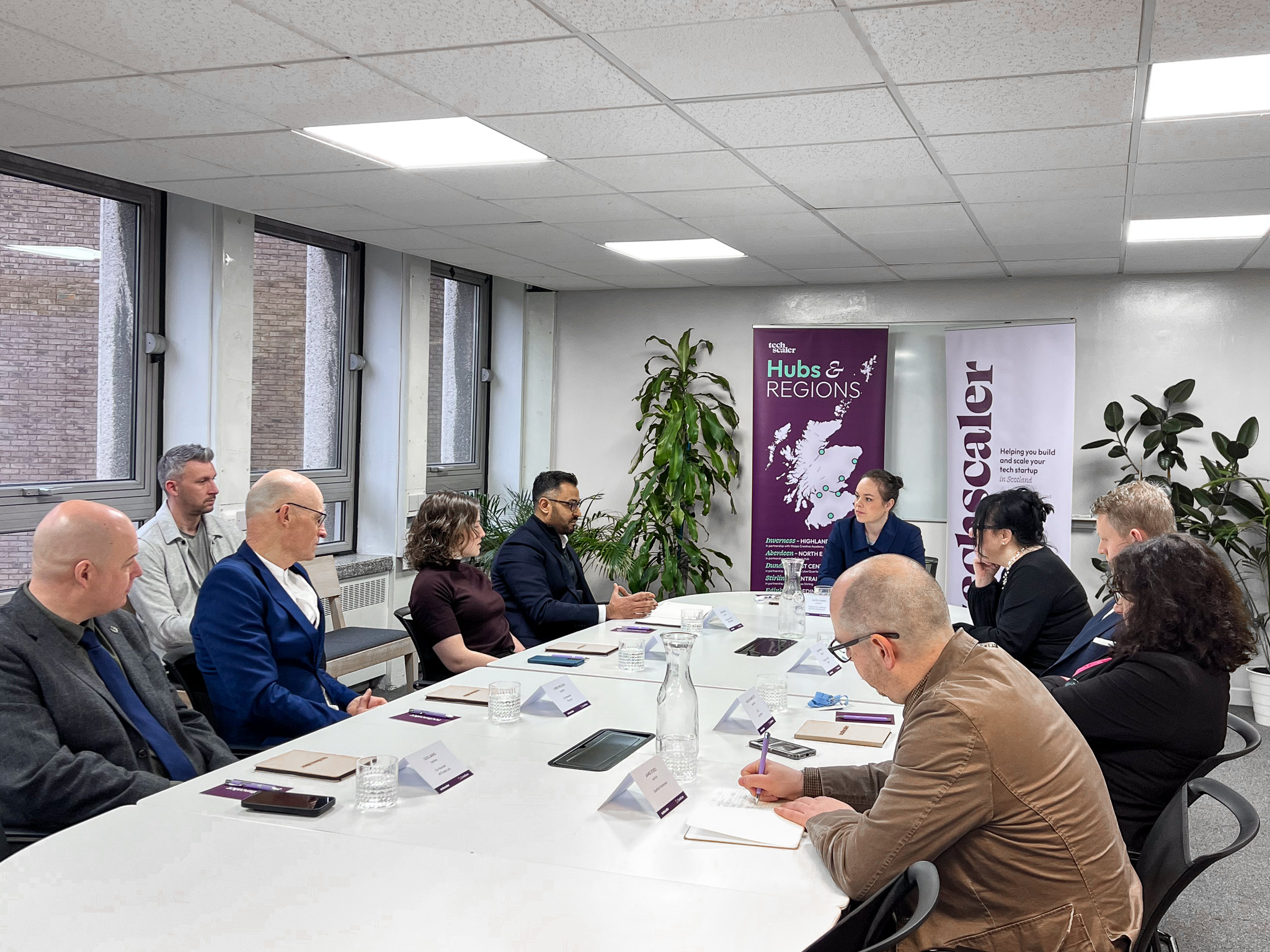



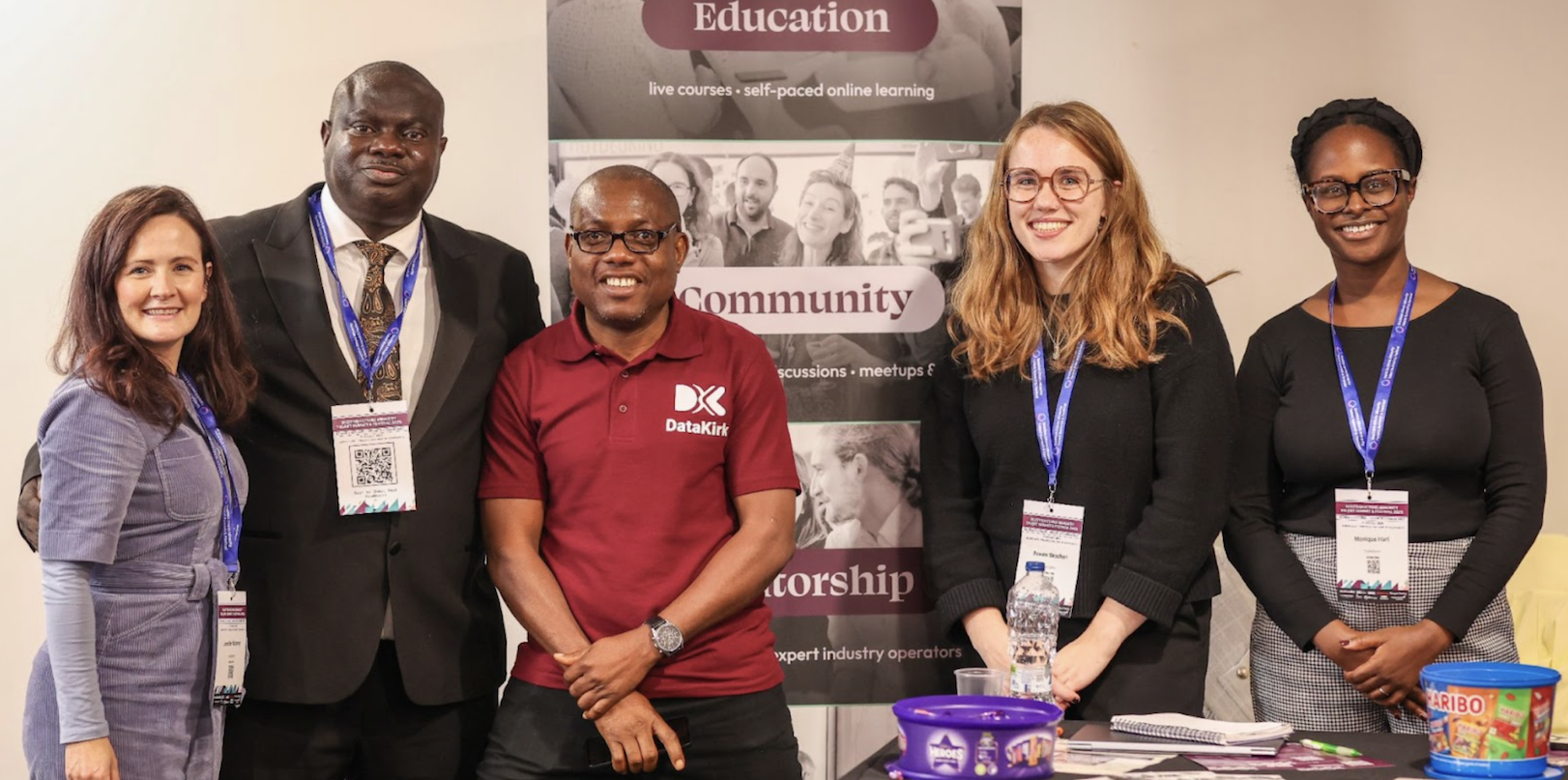
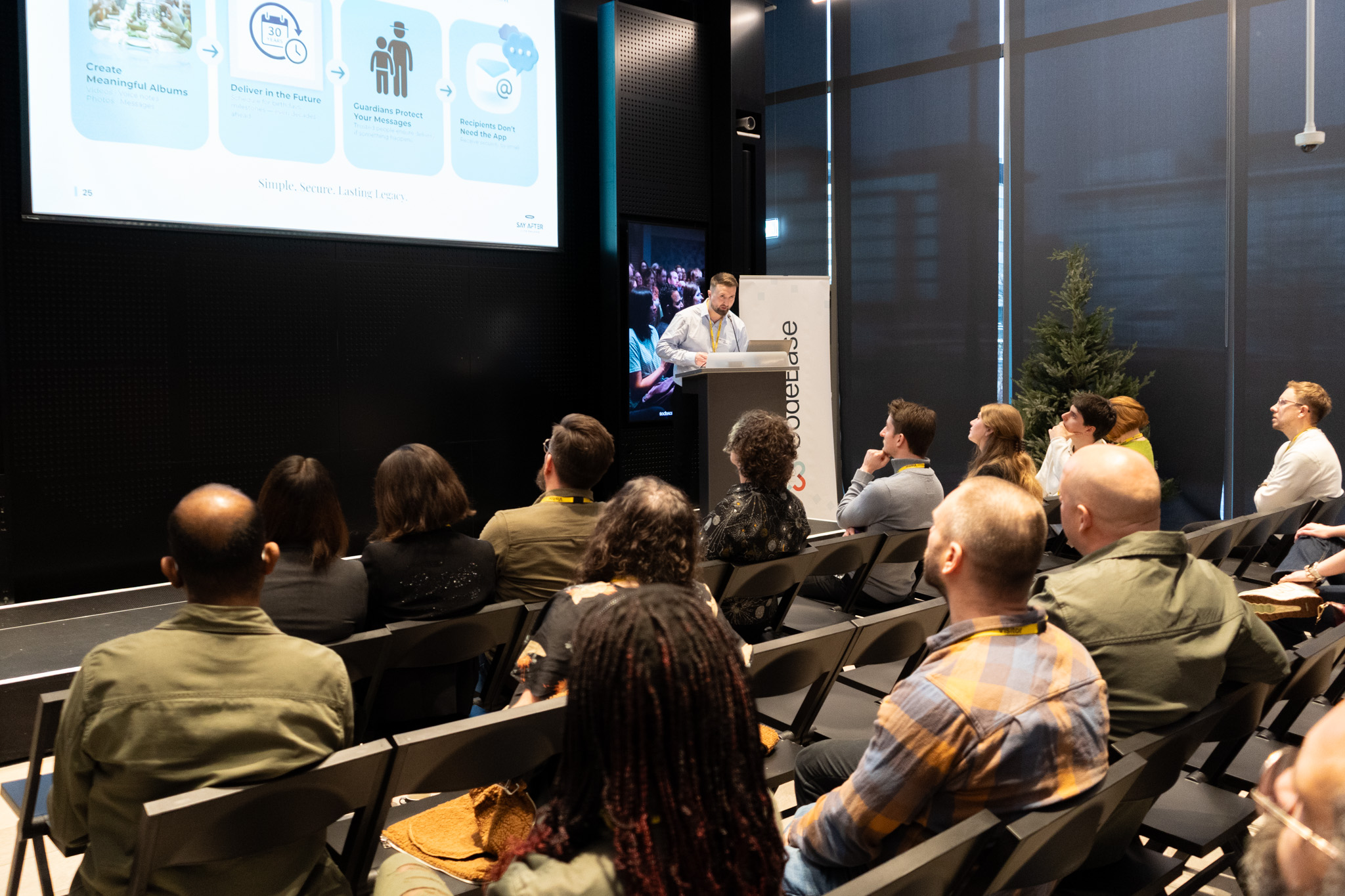




.jpg)





-2.jpg)













.png)

.png)






.png)
.png)
.png)
.png)

.png)
.png)



